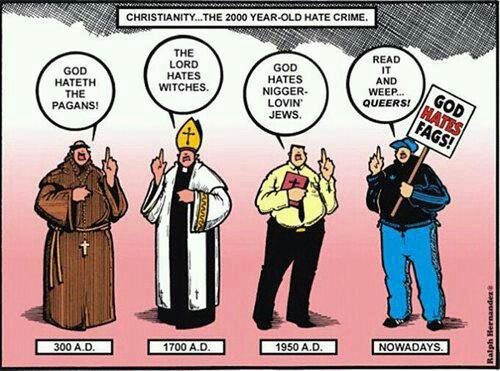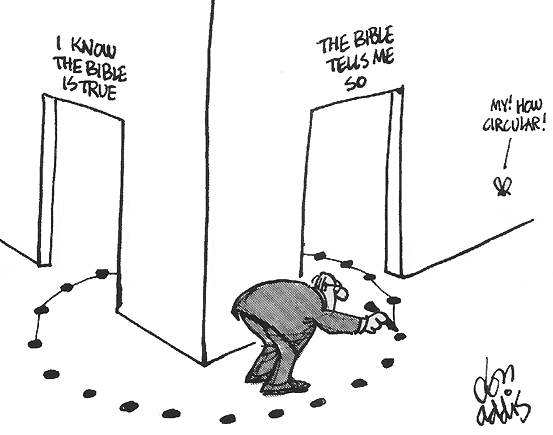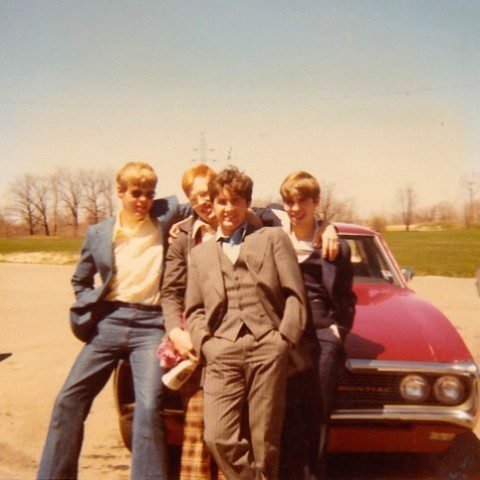
If I am going to write about Evangelicalism and the various players within the sect, I must read their blogs and news sites, watch their YouTube and Tiktok videos, and peruse their social media posts. I can’t accurately represent Evangelicalism in my writing if I don’t do these things. Believe me, I would rather not do so. Who wants to wade in a septic tank every day, right?
While there is a lot of diversity within the Evangelical tent, there are commonalities belief-wise and practice-wise across the Evangelical spectrum. It is not uncommon to hear “nice” Evangelicals say that people such as Fake Dr. David Tee (whose real name is Derrick Thomas Thiessen), thrice divorced felon Fake Dr. Kent Hovind, and Revival Fires are outliers; that they are not representatives of Evangelicals as a whole. While these men are hateful, nasty, self-righteous bullies — certainly not followers of Jesus’ teachings in the Sermon on the Mount, are they really outliers? Are their beliefs atypical for Evangelicals? Sadly, the answer is no. Their beliefs are normative within Evangelicalism. Based on my years of experience and observation, I know that Evangelicals are generally hateful, bigoted, and narrow-minded. Oh, many of them have big smiles and will shower you with love, but when you carefully examine their beliefs you find hate, bigotry, and closed-mindedness — in Christian love, of course.
Derrick Thiessen, Kent Hovind, Revival Fires, and others like them lack impulse control. They tend to just say whatever is on their addled minds. They don’t care how their words are received or whether they might cause harm. These so-called men of God say they speak on the Christian God’s behalf; that they are his mouthpieces. Other Evangelicals have mastered controlling their speech — in public, at least. That’s why you need to carefully examine their beliefs, or better yet, listen to what they say to their congregations when they think no one is listening.
I have heard scores of Evangelical pastors, evangelists, and missionaries preach over the years. Before the advent of the Internet, these preachers were insulated from accountability for what they said during their sermons. I preached 4,000+ sermons over the course of twenty-five years. Roughly half of those sermons were recorded on cassette tapes. As far as I know, none of those tapes survive. I have asked former members if they have any of my sermon tapes, but so far none have been found. I operated a tape lending library called the CHARIS Tape Library. Hundreds and hundreds of tapes were sent to people. As far as I know, none of those tapes survive. I suspect the tapes were either discarded or turned into Metallica mix tapes. Thus, all the hateful, nasty things I said in my sermons are lost to antiquity. For a number of years, I published a newsletter titled The Sovereign Grace Reporter. This newsletter was sent out to hundreds of people throughout the United States. Much like the aforementioned tapes, no copies of the SGR survive. I used to have hundreds of my preaching tapes and other memorabilia from my ministerial career, but in a moment of deep depression in the early 2000s, I piled these things in our backyard, poured gasoline on them, and lit a match. In a moment, twenty+ years of memories went up in smoke. While it felt good at the time, I regret doing so. (Please see Short Stories: The Night I Set My Life on Fire.)
I am insulated from my past words. All readers have to go on is my recollections. Readers will just have to take my word for it: Pastor Bruce Gerencser was a winsome, kind preacher, but he also had hateful, bigoted beliefs; beliefs he wasn’t afraid to verbalize from the pulpit.
It’s harder for Evangelical preachers to hide these days. When two Independent Fundamentalist Baptists (IFB) mentioned me in their sermons, I found out about it. There just so happened to be people in their services who knew me. I have spies everywhere. 🙂 Everyone has a smartphone. Increasingly, Evangelical churches videotape their services. While preachers likely think that only like-minded people are listening, they can’t stop people like me from listening to their screeds, harangues, and attacks on people different from them. The ugliness is there for all to see if people are willing to pay attention.
Preachers such as Theissen, Hovind, and Revival Fires are quite happy to advertise their hate and bigotry for all to see. While many Evangelical preachers are more careful with their words, make no mistake, hatred and bigotry are common, regardless of the clothes they are dressed in. Yes, I know of kind, thoughtful Evangelicals, but all they are is the exception that proves the rule. They are the outliers, not Theissen, Hovind, and Revival Fires.
Bruce Gerencser, 68, lives in rural Northwest Ohio with his wife of 47 years. He and his wife have six grown children and sixteen grandchildren. Bruce pastored Evangelical churches for twenty-five years in Ohio, Texas, and Michigan. Bruce left the ministry in 2005, and in 2008 he left Christianity. Bruce is now a humanist and an atheist.
Your comments are welcome and appreciated. All first-time comments are moderated. Please read the commenting rules before commenting.
You can email Bruce via the Contact Form.








